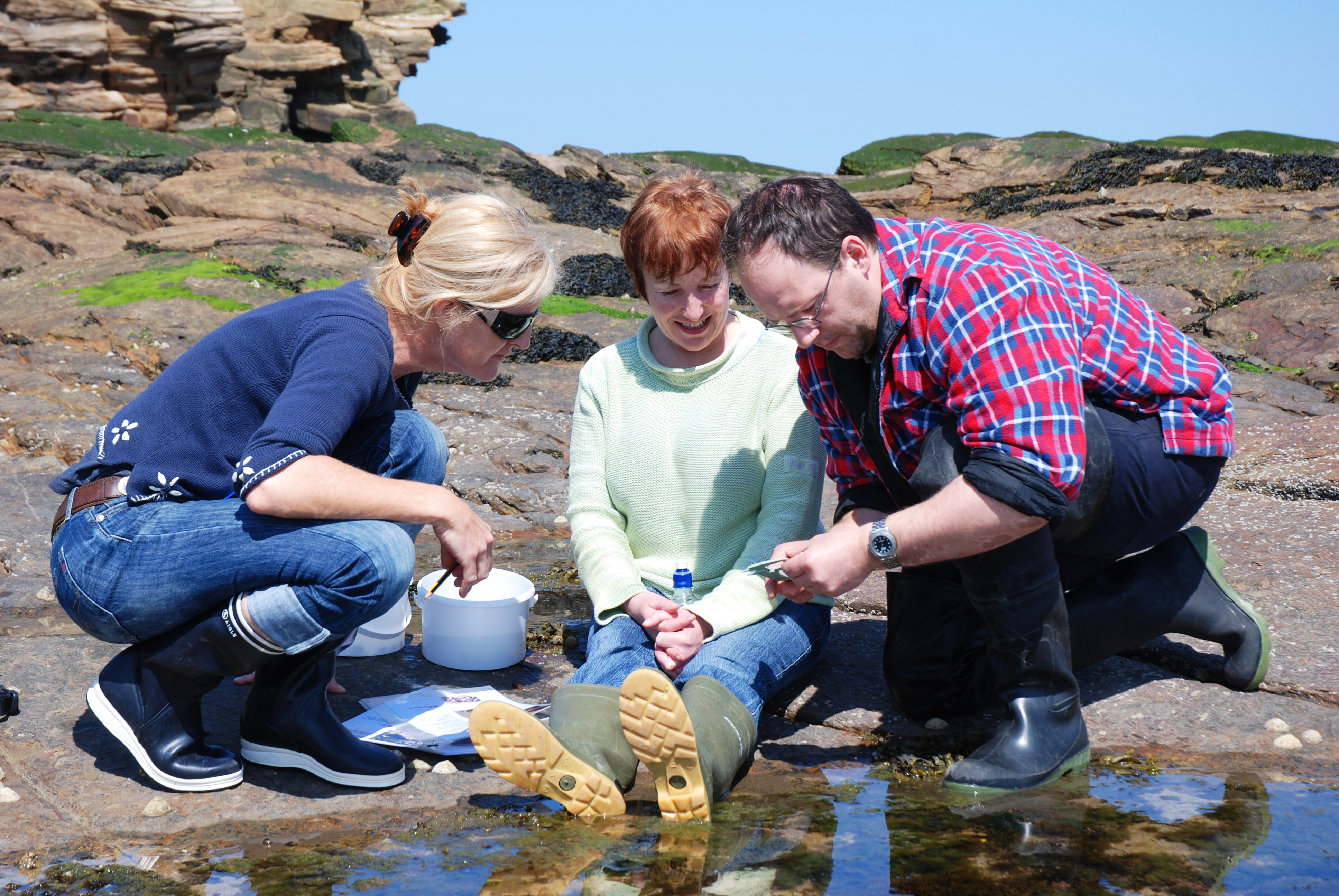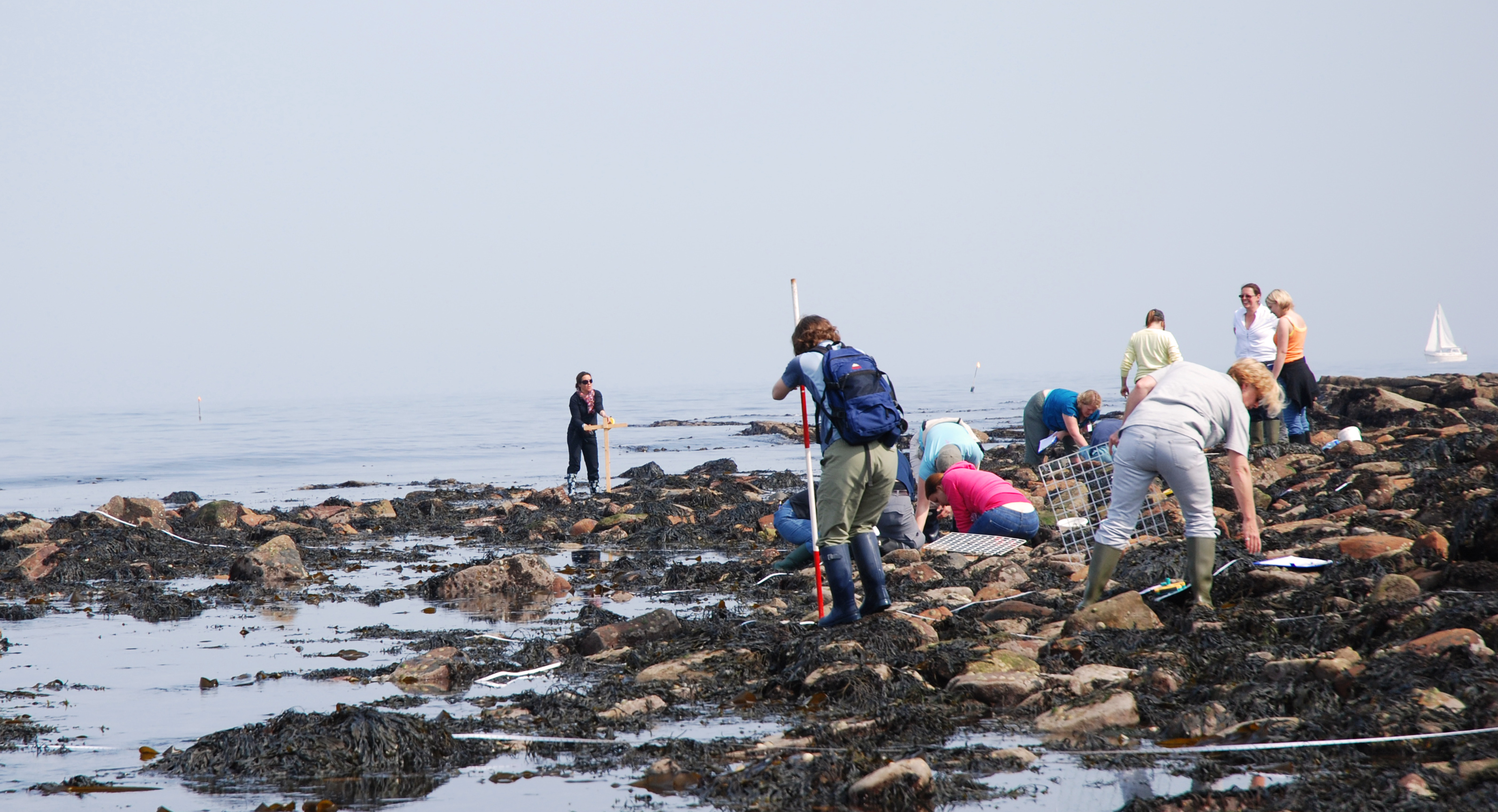Programmes like Blue Planet 2 have been fantastic for igniting our curiosity in marine life and broadening our knowledge of the oceans. If inspired, we can venture out from our living rooms and onto our beaches and truly get involved in the conservation of Britain’s rich marine diversity.
Capturing Our Coast
Newcastle University is the lead partner in Capturing Our Coast, a marine citizen science project which works with members of the public to contribute to the greater understanding of our UK seas and the rich diversity that they host.
Capturing Our Coast is the largest marine citizen science project of its kind, facilitating as it does, members of the public to contribute, not only to collecting information on where marine species occur, but also to addressing scientific questions through experimental approaches on our shores.

A national network of marine research labs, NGOs and research institutions, provide training and support which allows thousands of volunteers to map abundances of a number of key species around our coasts. This will provide a database against which changes in the future can be measured, allowing conclusions to be drawn on the effects of human activities on biodiversity.
Dr Jane Delany, Project Lead said: “Huge value is derived from having lots of people out and about, collecting more results than scientists working alone could ever hope to gather. We need these large scale data sets collected over wide geographic areas, to pick up patterns and trends that have a lot of natural ecological ‘noise’ or variation; the findings will be particularly useful as the effects of climate change alter the way in which our coastal habitats and species communities are structured.”
Answering Questions
The project aims to address a variety of questions surrounding the species who make their homes on our coasts. The future of some animals and habitats is uncertain as sea temperatures change and coastal storms increase in frequency as a result of climate change.
The range of issues that the Capturing Our Coast volunteers and scientists investigate vary from things such as where marine non-native, “invasive”, species have established on our coasts to how kelp, which provides a fantastic habitat for a whole range of tiny animals, varies around UK shores and the reasons for these variations.

Over 4000 citizens have registered their interest in this 3 year Heritage Lottery Funded project so far and as it enters it’s final year Capturing Our Coast are after more volunteers who want to make a difference.
Dr Jane Delany says that the Capturing Our Coast team have been “overwhelmed by the dedication and enthusiasm of our volunteers”, going on to explain that “conservation of our rich marine diversity is the responsibility of us all, not just the policy makers and scientists. We can all contribute to understanding what is happening, and how we can each make a difference.”
To get involved, enrol via the website. There is no charge for any training or support provided to enable you to become a ‘CoCoast’ volunteer.
For further information on Newcastle University’s Marine Science courses, visit ncl.ac.uk/nes/undergraduate/marinescience/.